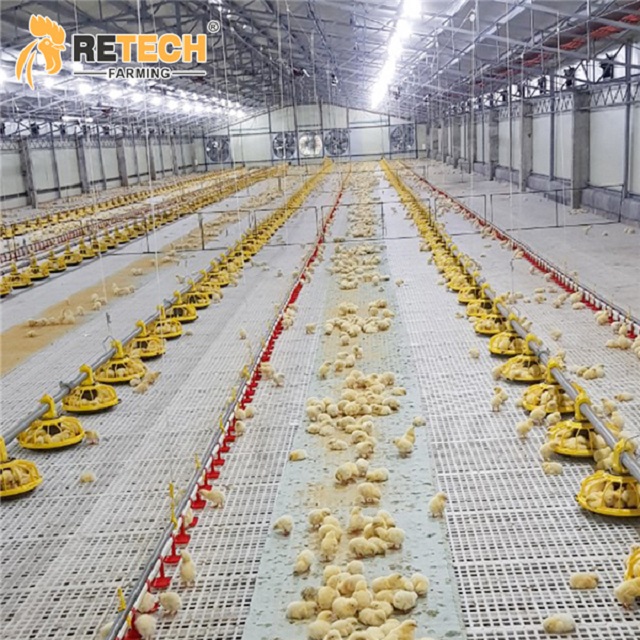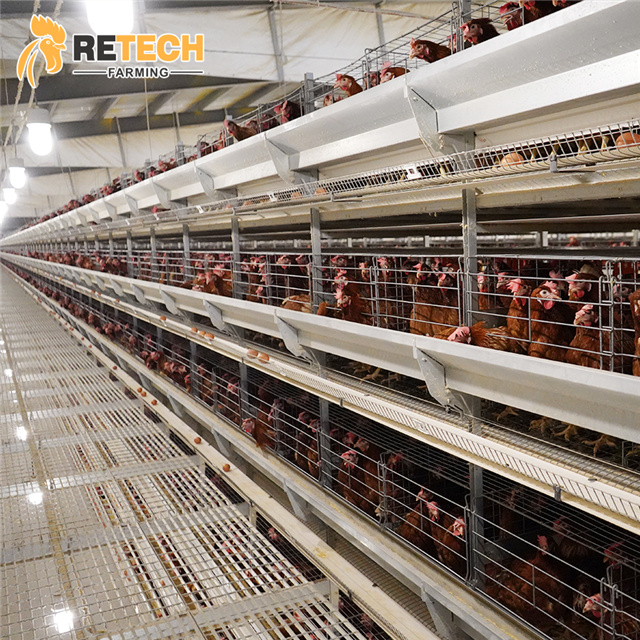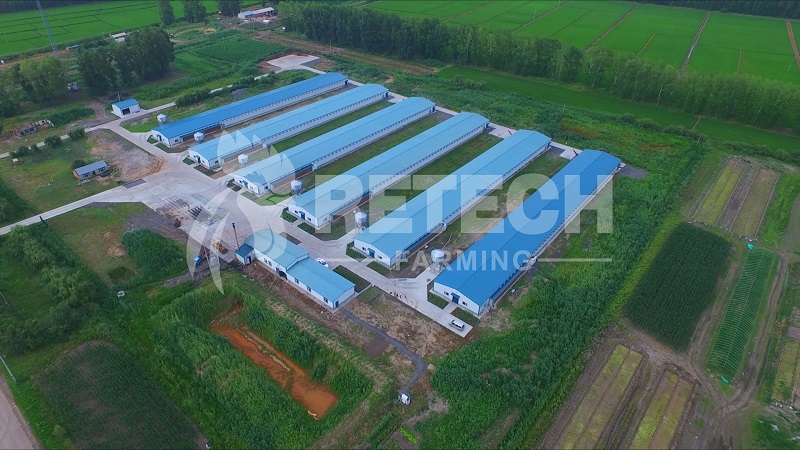Disinfection in chicken sheds is an essential procedure for raising chickens, which is related to the healthy growth of chicken flocks, and is one of the important ways to control environmental sanitation and disease transmission in chicken sheds.
Disinfection with chickens in the chicken shed can not only clean up the floating dust in the chicken coop, but also effectively prevent the spread of various bacterial and viral diseases, and create a good living environment for the chickens.
1. Preparation before disinfection
Before disinfection, farmers should clean up the walls, floors, cages, feeding utensils, sinks and other sundries in the chicken shed in time. There must be some organic matter in these places, such as feces, feathers, sewage, etc. If they are not cleaned up in time, they should be disinfected , will affect the effect of disinfection to a large extent, do a good job in sanitation and cleaning in advance, and make preparations before disinfection, so as to achieve better disinfection effect.
2. Selection of disinfectants
At this time, we cannot blindly choose disinfection drugs, which are not targeted. When choosing disinfectants, farmers should try their best to choose high environmental protection factor, low toxicity, non-corrosive, and safe to use. At the same time, farmers should also consider factors such as the age of the flock, as well as the physical condition and season, and select them in a planned way.
3. Proportion of disinfection drugs
When mixing the disinfection drugs, it is necessary to pay attention to the blending according to the instructions for use. Farmers cannot change the consistency of the drugs at will. At the same time, pay attention to the temperature of the prepared water. Young chickens should use warm water. Generally, chickens use cold water in summer and warm water in winter. The temperature of warm water is generally controlled between 30 and 44 °C.
It should also be noted that the compounded medicine will be used up in a short time, and it should not be stored for a long time, in order not to affect the efficacy of the medicine.
4. The specific method of disinfection
The sterilizer used to sterilize chickens should also pay attention to the general choice of knapsack-type hand-operated sprayer, and the diameter of the nozzle is 80-120um. Do not choose too large a caliber, because the fog particles are too large and stay in the air for too short a time, and if they fall directly on the place, they will not be able to disinfect the air, and it will also lead to excessive humidity in the chicken house. Do not choose too small aperture, people and chickens are easy to inhale diseases such as respiratory tract infection.
After the disinfection personnel put on the protective equipment, they start disinfection from one end of the chicken shed, and the nozzle should be 60-80cm away from the surface of the chicken body. At this time, we should not leave any dead corners, and try to disinfect every place as much as possible. Generally, the spray volume is calculated according to 10-15ml per cubic meter of space. Usually, disinfection is performed 2 to 3 times a week. Ventilate in time after disinfection to ensure that the chicken coop is dry.
The chicken coop should be ventilated along the wind direction during the day, and try not to produce ammonia gas. If the ammonia gas is heavy, it will cause many diseases. For a spare chicken coop, after spraying the disinfectant, close all the windows or doors around the chicken coop for about three hours, and try to carry out the disinfection in sunny weather. After disinfection, ventilate for more than three hours, or when there is almost no ammonia smell, drive the chicks into the chicken coop.
Post time: May-05-2023










